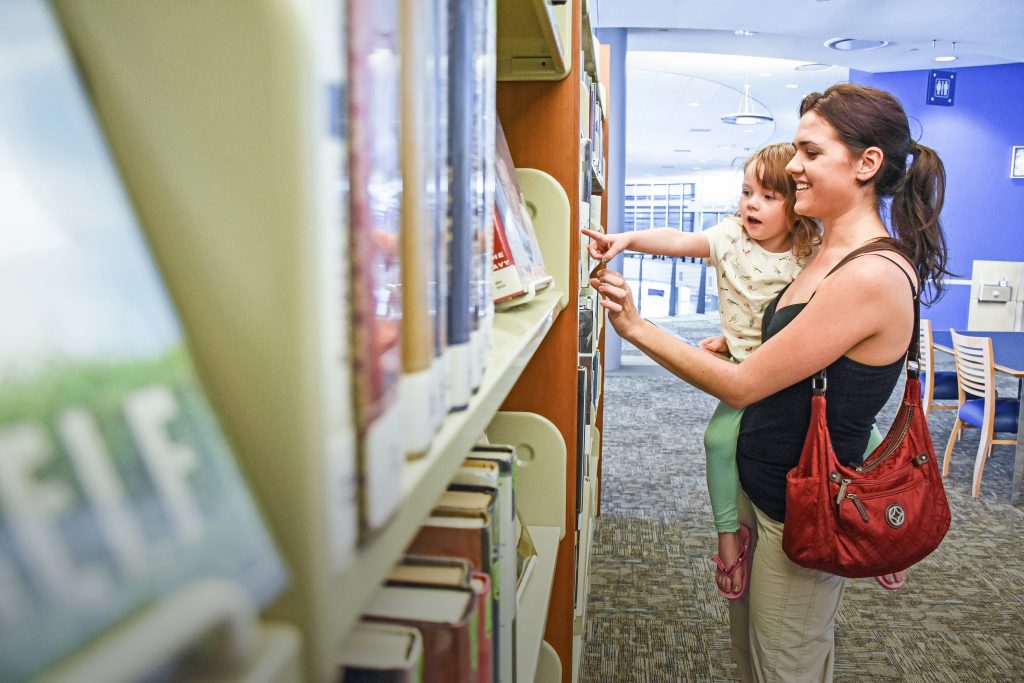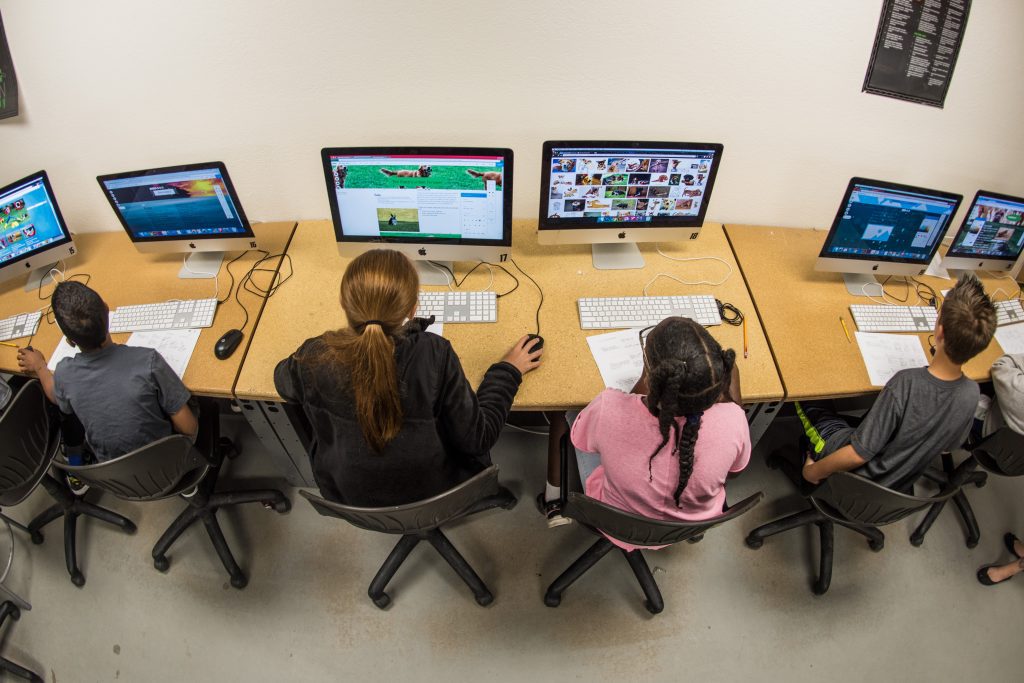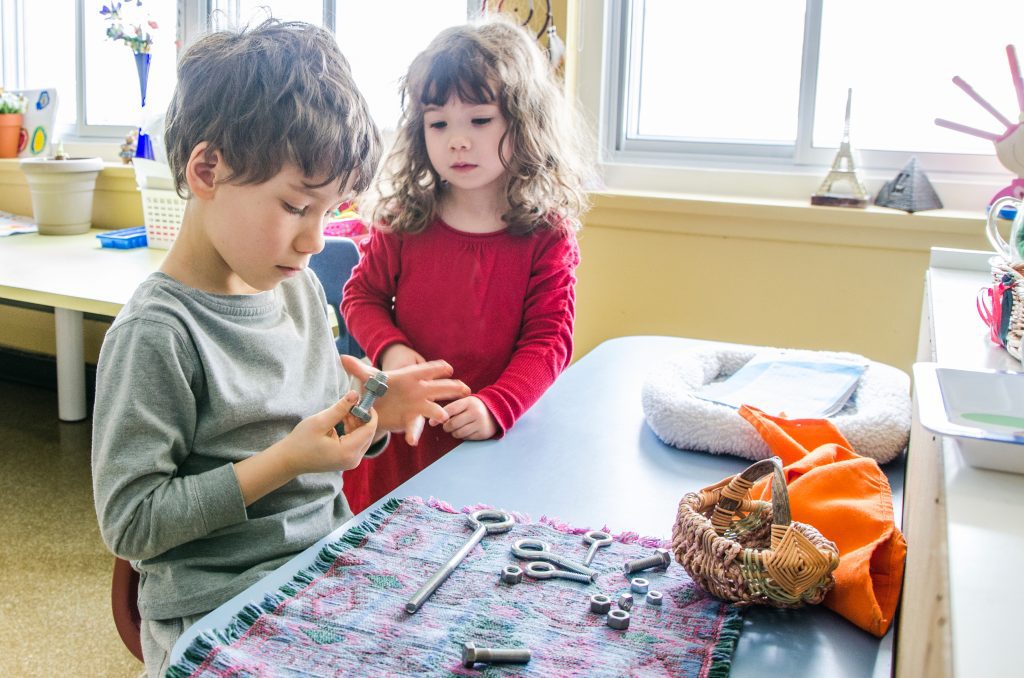Alternative School
Texas offers a variety of alternative schooling options for parents; public charter schools, which are monitored and accredited under the statewide testing and accountability system; private schools, which may or may not be accredited through various organizations; and home schooling, which is not accredited or regulated by any state agency or commission in Texas. Families may also be interested in online learning programs, high school equivalency programs, or special needs programs.

Home Schooling
Home schooling must be conducted in a bona fide manner, using a written curriculum consisting of reading, spelling, grammar and math as well as a course in good citizenship. The Texas Education Agency (TEA) has no regulatory authority over home schools, and the state of Texas does not award diplomas to students who are home schooled.

Texas Virtual Schools Network
Texas Virtual Schools Network (TxVSN) provides Texas students and schools access to interactive, collaborative instructor-led online courses taught by state certified and appropriately credentialed teachers. The TsVSN has two components: the TxVSN statewide course catalog, which provides supplemental online courses to students in grades 8-12; and the TxVSN online schools program, which offers full-time virtual instruction through eligible public schools to Texas public school students in grades 3-12.

Special Needs
When your child with special needs is ready to begin school for the first time, selecting one that will provide the best education and proper (and affordable) care is paramount to your child’s health and well-being. The key to finding the perfect fit is asking the right questions and being honest about your child’s needs and abilities. To avoid waiting lists, begin you research no later than a semester prior to enrollment.

Montessori School
“The underlying philosophy of Montessori is that children are individual, self-motivated learners who are assisted in learning by their teachers, or ‘guides,’ as they are called,” says educational consultant Eleanor Munson, Ph.D. Instead of focusing on test taking, highly trained educators encourage their students, who are typically in mixed-aged classes, to move at their own pace, follow their own interests, and work independently. The schools you’ll find in Dallas, which may serve kids from pre-K through 12th grade, are governed by one of two accrediting bodies: Association Montessori Internationale (AMI) and American Montessori Society (AMS). “If you’re looking for a ‘pure’ Montessori experience for your child, you’ll want an AMI school,” says Munson. “If you want your child’s education to include computers, technology, et cetera, you’ll want an AMS school.”
Not sure if this type of education is right for your child? “You child doesn’t necessarily have to attend a Montessori-accredited school to enjoy the benefits of this type of educational philosophy,” Munson says. “Some preschools take the best of what each educational philosophy offers and combine these to form their curriculum.” For an extensive look at both public and private Montessori schools , and more educational resources in Dallas, browse through the DFW Child Everything guide online at dfwchild.com/everything. – Elizabeth Smith, DFWChild Magazines